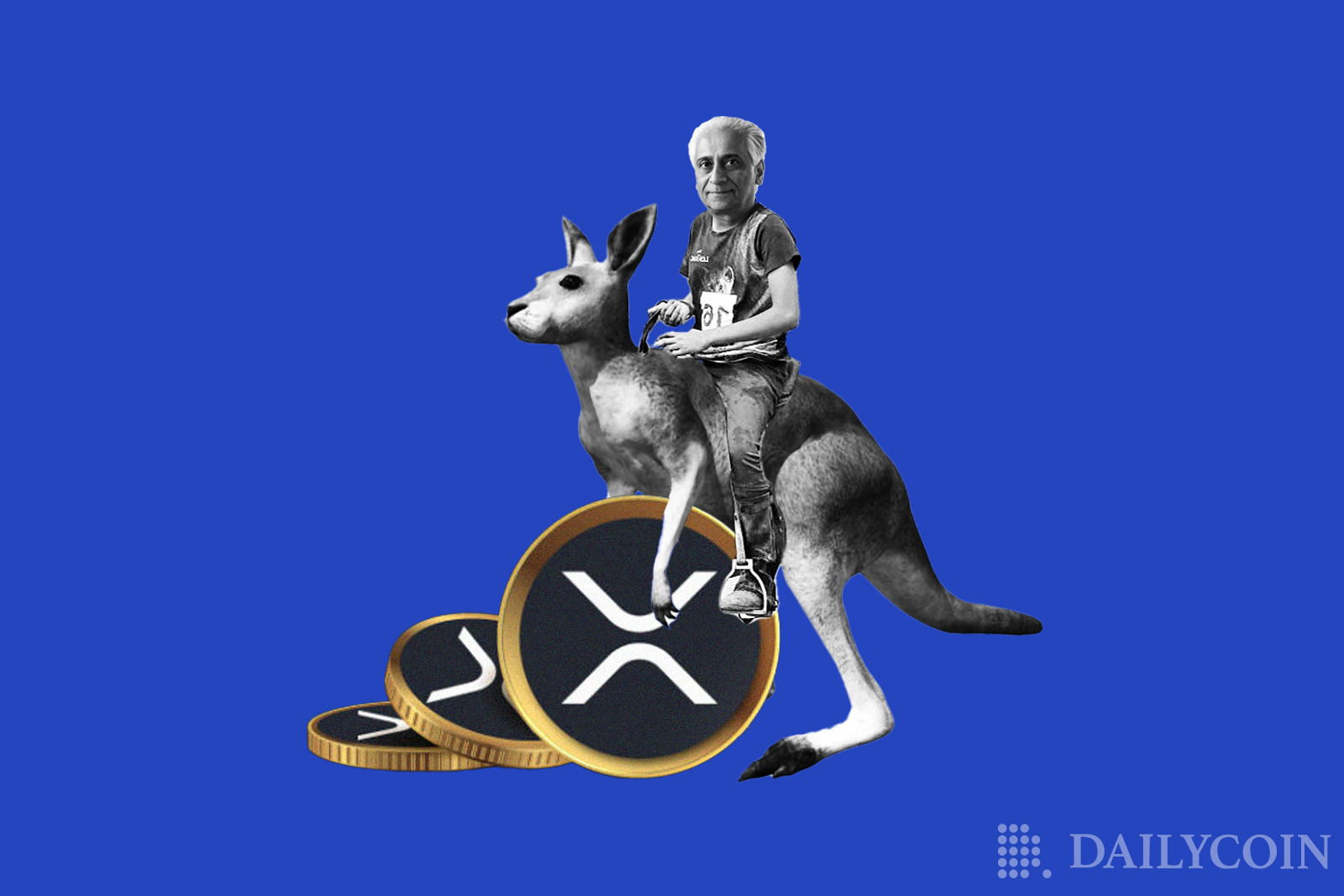
The Reserve Bank of Australia (RBA) has released a white paper titled “Australian CBDC Pilot for Digital Finance Innovation,” announcing the central bank digital currency (CBDC) pilot project (eAUD), which is being led by a former Ripple executive, Dilip Rao, as the program director of the CBDC project.
Rao, who contributed to Ripple’s XRP Ledger, an open-source and decentralized blockchain for the banking and financial market, believes that the XRPL-based real-time settlement system can be used in CBDCs.
XRPL is known for being fast, energy efficient, and reliable, and for providing developers with a strong open-source foundation for executing projects.
Sponsored
The RBA has revealed that it is collaborating with the Digital Finance Cooperative Research Centre (DFCRC), a 10-year-long $180 million research program funded by industry partners, universities, and the Australian Government, through the Cooperative Research Centres Program, for its CBDC pilot project.
The main purpose of conducting this pilot project is to identify use cases and understand the technological, legal, and regulatory aspects of the eAUD CBDC.
Central Bank Invites Industry to Submit Use Cases
The RBA has invited industry participants to submit use cases that would benefit the Australian economy and financial system by October 31. DFCRC said that at least 12 use cases will be selected for further research on December 31. Also, the pilots on use cases will commence on January 1, and the final report will be presented by June 30 next year.
All use case proposals submitted by industry participants will be used to inform assessments of the rationale for an Australian CBDC. A limited number of these use cases will also be selected for operation within the CBDC pilot project infrastructure.
According to the white paper, “any compelling use case – whether so-called ‘wholesale’ or ‘retail’ – will be explored in the project.”
More importantly, the eAUD platform will be implemented on a private, permissioned instance of Ethereum.
On the Flipside
- The Australian government is on the verge of regulating stablecoins, China’s digital yuan, and cryptocurrency trading via crypto exchanges and other DeFi companies. A newly proposed bill will require licenses for the issuing companies of stablecoins in Australia.
Why You Should Care
Apart from Australia, many other countries like India, South Korea, Thailand, and Qatar are exploring CBDCs.
Learn more about Australia’s recent crackdown on crypto crime:
Australian Federal Police Set Up Crypto Unit To Tackle Money Laundering
Read about Australia’s attempt to regulate digital assets:
Australia Could Soon Regulate Stablecoins and the Digital Yuan
